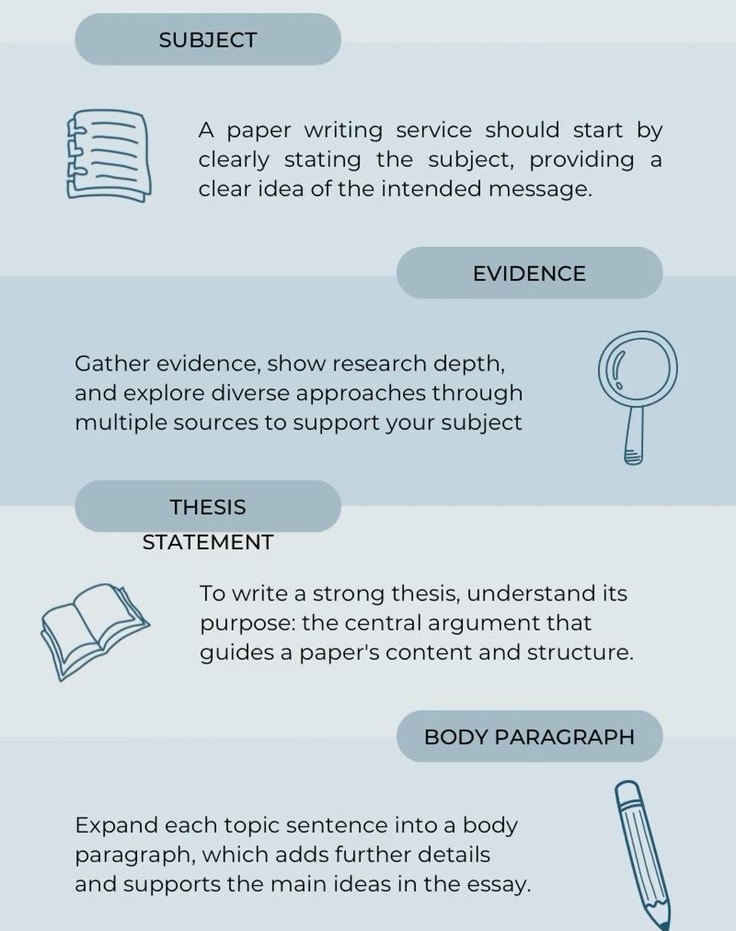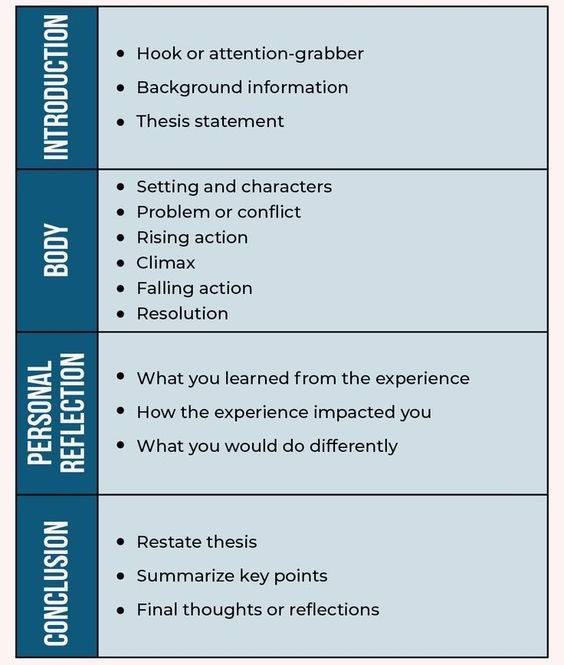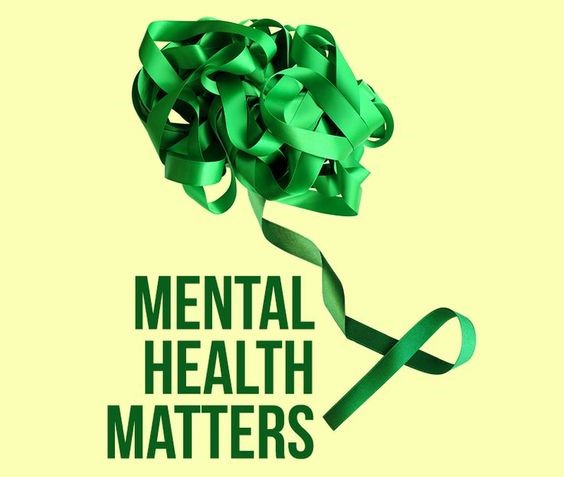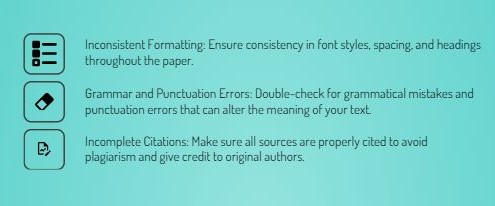
Table of Contents
In the vast tapestry of healthcare, mental health often finds itself relegated to the fringes, a subject whispered about in hushed tones. Yet, the reality is stark: mental illness affects millions worldwide, impacting not just individual lives, but also families, communities, and the very fabric of society.
As nurses, we stand at the forefront of this fight, and our voice, particularly in academic settings, can play a crucial role in raising awareness and advocating for better care. Writing a nursing essay on mental health awareness is not just an academic exercise; it’s a chance to amplify the voices of the silenced, to challenge stigma, and to highlight the importance of empathy, compassion, and holistic care in the field of nursing.
This post will provide you with a comprehensive guide on crafting a compelling and impactful nursing essay on mental health awareness, equipping you with the tools and knowledge to navigate this complex topic with sensitivity and precision.
How to Craft an Engaging Nursing essay on Mental Health Awareness
1. Finding Your Focus: Choosing a Compelling Topic
The first step in writing a successful nursing essay on mental health awareness is selecting a topic that resonates with you and aligns with your personal and professional interests. This will make the writing process more engaging and ensure that your essay carries genuine passion and insight. Here are some potential avenues to explore:

- The Stigma Surrounding Mental Illness: This topic allows you to delve into the cultural, social, and even biological roots of stigma, exploring its devastating impact on individuals seeking help and the challenges it poses to effective treatment.
- The Role of Nurses in Mental Health Care: Examine the multifaceted role of nurses in mental health, highlighting their unique contribution to patient care, advocacy, and education. You can explore specific aspects like therapeutic communication, psychosocial assessment, or medication administration.
- Specific Mental Health Conditions: Choosing a particular mental health condition, like anxiety, depression, or schizophrenia, allows for a deeper examination of its complexities, including the latest research on its causes, treatments, and management strategies.
- Mental Health Awareness Campaigns: Analyze the effectiveness of various mental health awareness campaigns, discussing their strengths and weaknesses, and proposing ways to improve their impact on public perception and access to care.
- Mental Health in the Workplace: Explore the importance of creating a psychologically safe environment for employees, addressing the impact of workplace stress on mental health, and highlighting strategies for promoting well-being within organizations.
2. Research: The Foundation of a Strong Essay
A well-researched nursing essay on mental health awareness is critical for building credibility and demonstrating your understanding of the subject. Go beyond superficial internet searches and delve into peer-reviewed journals, government reports, and reputable organizations like the World Health Organization (WHO) and the National Institute of Mental Health (NIMH). Reputable academic writing websites such as PhD Nurse Writer also provide high-quality and well-articulated scholarly materials that you can use for research.
Remember, a nursing essay on mental health awareness requires you to cite your sources meticulously using the appropriate citation style (APA, MLA, Chicago, etc.). This not only strengthens your essay’s academic integrity but also provides readers with a roadmap to further explore the information presented.
3. Crafting a Compelling Argument

Once you have a solid foundation of research, it’s time to shape your argument. This involves presenting your ideas in a clear, concise, and logical manner. A compelling nursing essay on mental health awareness will:
- Clearly state your thesis statement: This is the central argument of your essay, the point you are trying to prove. It should be concise, specific, and debatable.
- Support your thesis with evidence: Use the research you have gathered to support your claims. This can include statistics, expert opinions, personal anecdotes, and case studies.
- Engage with opposing viewpoints: Acknowledge and address alternative perspectives, even if you disagree with them. This shows that you have thoroughly considered the topic and are not presenting a one-sided argument.
- Use strong transitions: Connect your ideas smoothly using transitional words and phrases like “furthermore,” “however,” “in contrast,” and “as a result.”
4. The Power of Storytelling: Weaving Personal Experiences
While relying on research is crucial, a nursing essay on mental health awareness can be elevated by incorporating personal experiences or case studies. These narratives provide a human dimension to the complex topic, adding emotional resonance and making the essay more relatable.
However, exercise caution when using personal stories. Maintain patient confidentiality and avoid disclosing any identifying information. Focus on highlighting the impact of mental illness on individuals or families, showcasing the role of nurses in providing compassionate care, or sharing personal anecdotes that illustrate the importance of mental health awareness.
5. Empathy and Compassion: The Cornerstone of Effective Communication
Writing a nursing essay on mental health awareness is an opportunity to demonstrate empathy and compassion for individuals struggling with mental illness.
- Use language that is sensitive and respectful: Avoid using stigmatizing terms like “crazy,” “psycho,” or “loony.” Instead, use respectful language that reflects your understanding and compassion.
- Focus on empowerment and recovery: Highlight the resilience of individuals with mental illness and their potential for recovery.
- Promote hope and understanding: Leave your reader with a sense of optimism and a renewed commitment to fostering a more supportive and inclusive environment for those living with mental health challenges.
6. The Structure of a Powerful Essay
A well-structured nursing essay on mental health awareness follows a logical flow, leading the reader seamlessly through your argument. Consider using the following structure:

- Introduction: Grab the reader’s attention with a compelling hook, provide background information on the topic, and clearly state your thesis statement.
- Body Paragraphs: Each body paragraph should explore a different aspect of your argument, providing evidence and analysis to support your claims.
- Counterarguments: Acknowledge and address potential counterarguments to strengthen your position.
- Conclusion: Summarize your main points, restate your thesis in a new way, and leave a lasting impression on the reader.
Polishing Your Work: Editing and Proofreading
Once you have completed your essay, take time to thoroughly edit and proofread it. This involves:
- Checking for grammar and spelling errors: Use a spell checker and grammar checker, but don’t rely solely on them. Read your essay aloud to catch any errors that a computer might miss.
- Ensuring clarity and conciseness: Eliminate any unnecessary words or phrases that clutter your writing.
- Checking for consistency in style and tone: Make sure your essay has a consistent flow and tone throughout.
The Final Touch: Adding Impact
A truly impactful nursing essay on mental health awareness goes beyond simply stating facts and figures. It evokes emotion, encourages critical thinking, and inspires action. Consider these strategies:
- Use powerful imagery and language: Vivid descriptions and carefully chosen words can evoke emotions and create a lasting impression on the reader.
- Include relevant statistics and case studies: This helps to ground your arguments in reality and demonstrate the significance of the issue.
- Offer practical solutions and recommendations: While raising awareness is essential, your essay should also propose concrete steps that can be taken to address the challenges of mental health.
Beyond the Essay: Continuing the Conversation
Writing a nursing essay on mental health awareness is just the beginning. The true impact of your work lies in how it sparks a conversation and inspires action. Consider these ways to amplify your message:
- Share your essay with others: Share your essay with classmates, professors, and members of your community.
- Engage in discussions on mental health: Participate in online forums, attend workshops, and volunteer at organizations dedicated to mental health awareness.
- Advocate for policies that promote mental health: Write letters to your elected officials, support organizations that advocate for better mental health care, and volunteer at local mental health clinics.
Examples of Topics for a Nursing Essay on Mental Health Awareness

Here are 4 topic ideas for a nursing essay on mental health awareness:
- The Role of Nurses in Reducing Stigma Surrounding Mental Health: A Nursing Essay on Mental Health Awareness. This topic explores how nurses can actively participate in breaking down societal stigma surrounding mental health. It can discuss strategies like empathetic communication, education, and advocating for patients’ needs.
- Integrating Mental Health Screening into Routine Nursing Care: A Nursing Essay on Mental Health Awareness. This essay focuses on the importance of incorporating mental health assessments into regular nursing practices. It can discuss the benefits of early detection, the types of screenings available, and the role of nurses in facilitating these assessments.
- The Impact of Trauma on Mental Health and the Role of Nurses in Providing Trauma-Informed Care: A Nursing Essay on Mental Health Awareness. This topic examines the connection between trauma and mental health issues. It can discuss how nurses can provide trauma-informed care, which involves understanding the impact of trauma on patients and adjusting care accordingly.
- The Importance of Self-Care for Nurses Working in Mental Health: A Nursing Essay on Mental Health Awareness. This essay explores the unique challenges nurses face when working with individuals experiencing mental health difficulties. It emphasizes the importance of self-care practices for nurses to maintain their well-being and provide optimal care.
Common Essay Writing Mistakes to Avoid
1. Lack of Focus & Clarity:
- Unclear Thesis Statement: Failing to state the main argument or purpose of the essay upfront.
- Wandering off topic: Including irrelevant information or going off on tangents.
- Lack of Organization: Poor structure, confusing transitions, and lack of clear headings.
2. Insufficient Research & Evidence:
- Limited Research: Relying on personal anecdotes or limited sources instead of thorough research.
- Weak Evidence: Using anecdotal evidence, personal opinions, or unreliable sources.
- Lack of Citing Sources: Failing to cite sources properly, leading to plagiarism.
3. Weak Argumentation & Analysis:
- Descriptive Writing: Simply summarizing information without analysis or interpretation.
- Overgeneralization: Making broad statements without sufficient evidence or context.
- Lack of Critical Thinking: Failing to analyze the topic from multiple perspectives.
4. Language & Style Issues:
- Unprofessional Language: Using slang, colloquialisms, or jargon.
- Grammatical Errors: Poor sentence structure, punctuation mistakes, and typos.
- Passive Voice Overuse: Using passive voice instead of active voice, leading to weak and unclear writing.
5. Ethical Considerations:
- Patient Confidentiality: Revealing sensitive patient information without proper anonymization.
- Objectivity & Bias: Presenting a biased perspective or failing to consider ethical implications.
- Plagiarism: Presenting someone else’s work as your own.
6. Formatting & Presentation:
- Ignoring Formatting Guidelines: Not adhering to specific formatting requirements set by the institution or professor.
- Poor Proofreading: Failing to proofread for errors before submission.
- Lack of Professional Presentation: Using unprofessional fonts, colors, or margins.
7. Common Mistakes in Specific Essay Types:
- Literature Review: Failing to synthesize and critically analyze the existing research.
- Case Study: Missing crucial details, lacking objectivity, or failing to draw relevant conclusions.
- Reflective Essay: Not demonstrating self-awareness, lacking critical analysis, or being overly self-indulgent.

Remember, writing a strong nursing essay requires effort, attention to detail, and a commitment to professionalism. By avoiding these common mistakes, you can significantly improve the quality of your work and impress your readers.
Writing a nursing essay on mental health awareness is an opportunity to make a meaningful contribution to the field of healthcare. It’s a chance to challenge stigma, advocate for better care, and empower individuals living with mental illness. By following these guidelines and embracing the principles of empathy, compassion, and evidence-based practice, you can craft a powerful and impactful essay that resonates with your audience and ignites a movement for positive change.
Remember, your voice matters. By sharing your knowledge and passion for mental health awareness, you can help break down barriers, foster understanding, and create a world where everyone has access to the care they deserve.
The Best Help with Writing a Nursing Essay on Mental Health Awareness
Crafting an engaging nursing essay on mental health awareness can be overwhelming even to seasoned nursing students. However, you can easily avoid the stress with professional nursing essay writing help from Nursing Papers. We guarantee original and compelling nursing essays, case studies, research papers and dissertations.







